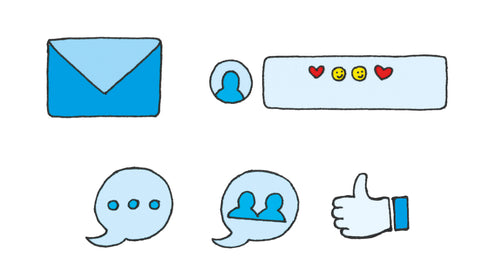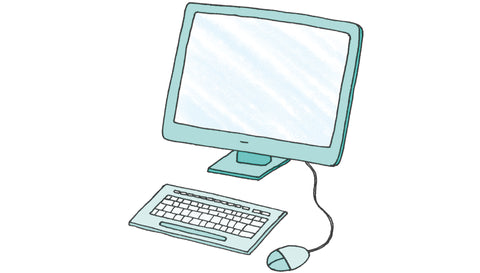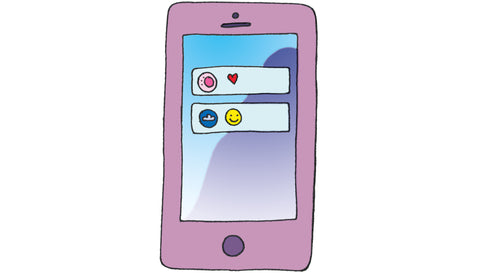The internet is a brilliant place for finding out information, enjoying music, games, and videos, and keeping you connected with your friends, but there are not many police or laws there to keep you safe. Many social media sites don’t let you have accounts until you are 13, but lots of young people get around this rule and, if you do, you are in more danger. Here are some helpful tips and advice for dealing with the online world from Help! Why Am I Changing?

How do I keep safe online?
Just by accident, you can let horrible people know all about you, get friendly with people who are not who they say they are, send out embarrassing photos that the whole world can see, become a victim of cyberbullying, let viruses into your computer, or find you are looking at pictures or websites that upset you. To keep you safe, your parents should install filters or monitoring software, and check that your privacy settings on social networks are as high as possible. Never download new apps or software without a parent’s permission.

When you are online (whether on a computer, tablet, smart phone, or games console), always keep to the following rules:
- Never post details about who you are: This includes your full name, address, email address, mobile number, and the name of your school or clubs you go to, or any of your family’s details.
- Never share your location.
- Be careful about posting a picture or video of yourself: Think (a) Would you be happy for all your friends and their friends and thousands of other people to see it? (b) Does the photo/video give away hidden information, such as your school logo/street sign/house number?
- Live streaming should only be to friends and followers: Be careful what you say, do and show because the recording doesn’t go away when you finish.
- Never tell anyone your passwords: Your parents should know your passwords, but no one else, not even friends.

- Remember that not everyone online is who they say they are: strangers are more dangerous online because you can’t see them. Adults can pretend to be children, boys to be girls, or girls to be boys.
- Don’t believe everything you read or hear online: There are a lot of liars out there and people trying to sell you things or get you to do things that are wrong. Celebrity vloggers are paid to advertise things they would never buy or use themselves.
- Don’t “friend” people you don’t know: You are inviting them into your life and they may not be nice.
- Never arrange to meet someone you’ve met online without your parent’s permission: The person may not be who they say they are. If your parents agree to a meeting, you must take an adult with you.
- Switch off and tell if you don’t like what you see: If you see something online that makes you feel uncomfortable, unsafe, or worried, switch off and tell your parents immediately.
This extract is from Help! Why Am I Changing? by Susan Akass. To get more great blog posts like this one - direct to your inbox – be sure to sign up to our mailing list here.
